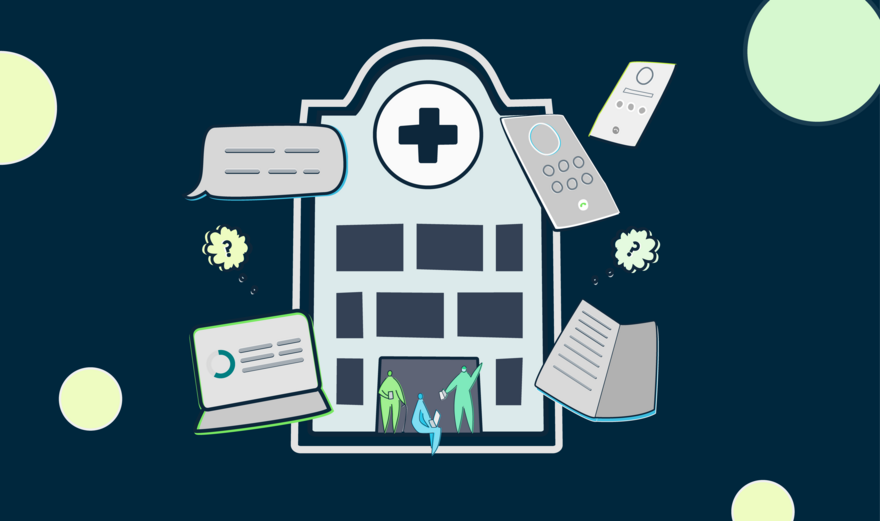The Patient Information Forum (PIF) has today (March 27) published its Health and Digital Literacy Survey, 2022/23 report.
The report outlines the results of PIF’s 2022 survey of more than 100 charities, NHS Trusts and private organisations providing health information.
It sets out progress made in the crucial areas of health and digital literacy since the pandemic.
Making health information more accessible
The results are encouraging. PIF’s last survey in 2019 found 13% of organisations had a health literacy strategy in place and just 50% assessed the equalities impact of digital projects.
By 2022, 33% had a health literacy strategy and 80% of respondents considered equalities impact of digital tools.
The impact of COVID-19 was also highlighted – 67% said the pandemic prompted their organisation to give higher priority to health and digital literacy.
PIF director Sophie Randall said: “Our latest survey shows welcome progress on health and digital literacy.
"We are pleased to see the PIF TICK is making health information more accessible as well as helping both healthcare professionals and the public find trusted health information.”
Lack of resources is key barrier
Despite the progress, worrying trends are also revealed by the 2022 data.
A lack of resources was identified by 72% of survey participants as the main barrier to producing health-literacy friendly information – up from 64% in 2019.
Respondents producing information for people with English as a second language fell to 44% from 57%. .
Those providing information specifically for people with learning disabilities fell from 56% to 41%.
Sophie said: “Lack of resources is now the main barrier to progress within the NHS and charity sector on this important component of tackling health inequality.
"And the cost of living crisis is affecting the public’s ability to access information and digital tools.
"It is vital to address health and digital literacy concerns in the plans for NHS recovery.”
Respondents felt the biggest impact of low health literacy was problems communicating with healthcare professionals (85%).
This was closely followed by being more vulnerable to misinformation and disinformation (83%).
Recommendations
The report makes 10 recommendations for action on health and digital literacy.
They focus on what works and what needs to happen nationally.
Read the executive summary, recommendations and summary of findings here.

